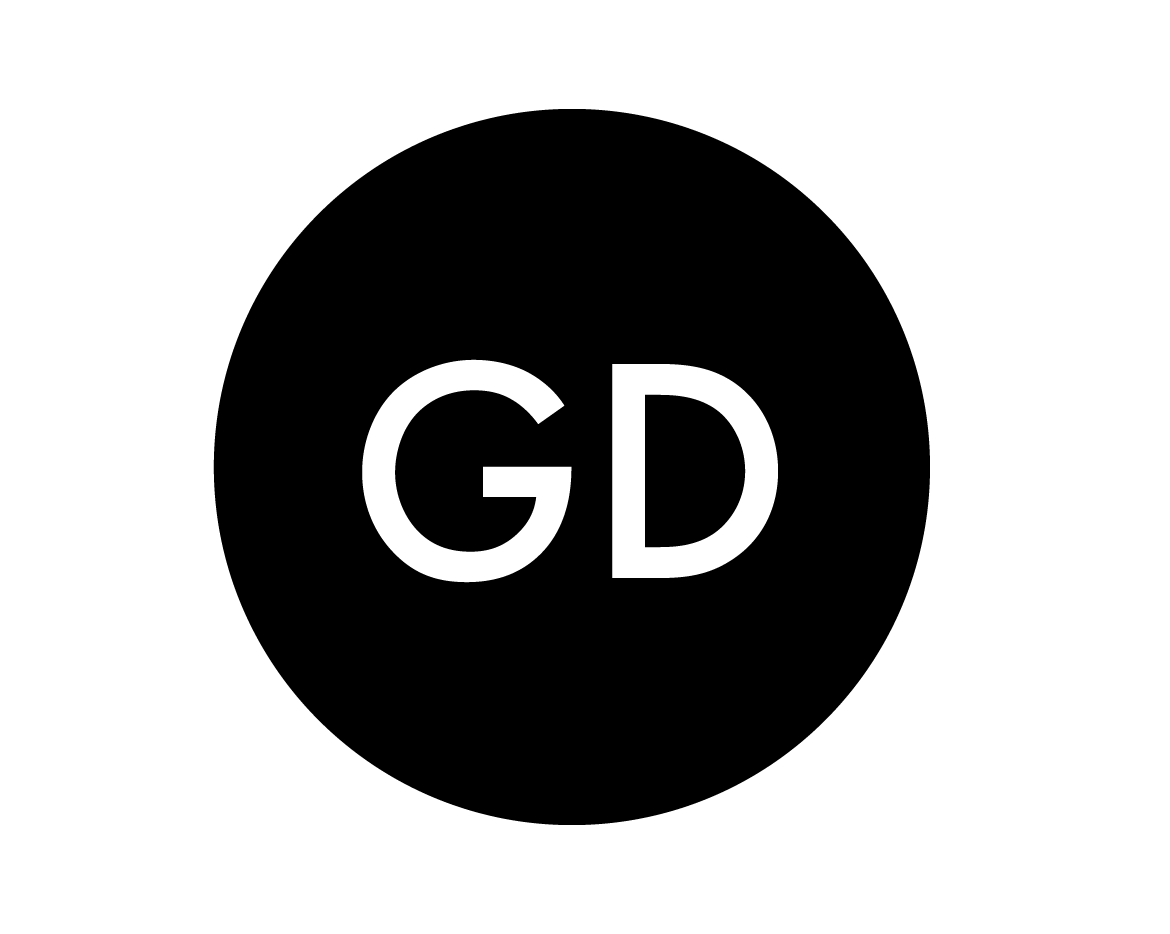Dolphin-Mama
Sometimes you walk out over the hills when you’re flushed with anticipation, sick with want. Sometimes your cheeks smart cold when the wind blows, prickling with an icy heat, and you realise you’ve been crying. From the field nearest the sea, you can see the distant structures of falling-down farmhouses. You like to wait out there, in the view of ruins. Homes where somebody lived once, peopled with light and ordinary dreams. We are waiting for a baby. We aren’t waiting for a baby.
We are parents to a thirteen-month-old. She doesn’t speak yet. We walk early first-thing and last thing before the evening deepens to a blue fog. We check the herd in the morning, fill the feed trough, watch them flock, crying out and bleating. We move through them like two priestesses, running our hands over the congregation of their dirty, woolly bodies like we’re touching waves. The baby reaches out and joins the happy, shrieking chorus. Down the cliffs, past the coast, dolphins travel in groups. We see the short-beaked common dolphins every day, thrilling when we spot their creamy sides from our distant vantage.
I ask, What’s the collective noun for a group of dolphins?
You tell me, again, that it’s a pod.
You worry that the air of manure isn’t good for her small lungs. You worry that pure air will coddle her. You stare at the poster of our planet Earth floating in blackness above our TV, next to a poster of tanned, tattooed men dancing the hula in grass skirts with bright, floral head pieces. We don’t remember putting either of these posters up.
You ask, Should we take this down? Is it weird to have this up? Like, racially?
We try to remember tacking them to the wall. It’s lunchtime. You ask, Do you want to feed her?
We try not ever to look at the silent telephone. We have reduced the line population down to two, one for the internet and one for the single handset built into the wall. We are successful in avoiding phones, but we fail at not wanting what we want. You practice breathlessness in front of the space poster. I can see you doing it, hyperventilating until your eyelids flutter. You try hard to allow yourself to feel your way through it, but you also try hard to not ever cry. I fail to reassure you. We wait for the telephone.
When you answered the telephone for the first time, you were laughing. I had written Microsoft Office as one of my skills on a job application and you exclaimed, That’s not a skill! We argued playfully and you picked up the phone with ease, without hesitation or thought. We were followed around then by the happy idea of babies.
I remember how my heart slowed as you were saying into the handset, Yes, yes, we want her, we’ll be there, we’re leaving right now.
You relayed the words birth and hospital and no contact, and I grinned as they moved through me like water moves through holes in a sieve. Foster-to-adopt.
When, after nearly two years, the telephone rings to announce that she will be re-homed with her birth family, you cry and change the ringtone to a blaring alarm.
I keep my phone on silent. You field missed calls from my agent, my publisher, our parents. You read a lot of books about dolphins. At meal times, you rattle off information you’ve committed to memory like gunfire. I am sometimes startled, caught off-balance by the burning volley of dolphin facts framed as questions: Did you know dolphins have names, like, a signature whistle? Did you know dolphin mothers sing their name to their calves in utero, and when they’re born? Did you know that, after a couple weeks, the dolphin mother stops singing her signature whistle as much but the other dolphins in the pod start to sing their own whistles with greater frequency? The world around them formed through whistles.
The new baby calms you down. To me, she feels impermanent.
We keep the same crib. It’s low enough to the ground for you to sit on the floor and rest your back against the wooden slats while she sleeps. And sometimes I catch you humming a song about the world ending, plucking away at a sad imaginary banjo. I guess this is your whistle. I won’t make fun of you for it. Sometimes you catch me whispering over her, Mama, mama, mama. She still doesn’t speak.
You frequently tell me not to call her the new baby. I frequently apologise. I’m just trying to guard us against separation. The new baby eats solids now and you feed her pineapple chunks on our evening walk. We are flocked to by the sheep, who wonder lazily if we’ve brought food. Every time we leave the house I anticipate the missed call when we return, with equal parts terror and hope.
At the vanishing line the fields are dark and blue. We can’t see the stone ruins of other people’s homes anymore, or even the orange dots of new life. We are alone with the sea, noisily tilling itself like a ripe meadow. I keep looking back in the direction of the house, afraid that we’re too far. The phone is ringing and we can’t hear it.
Down the cliffs, out past the coast: dolphins. I call them common but you correct me. Bottlenoses. You can tell by the elegant arch of their dorsal fin. I’m not convinced.
I say, You can’t see from here.
But something starts whistling and the baby shrieks back, so maybe.
by Kandace Walker
